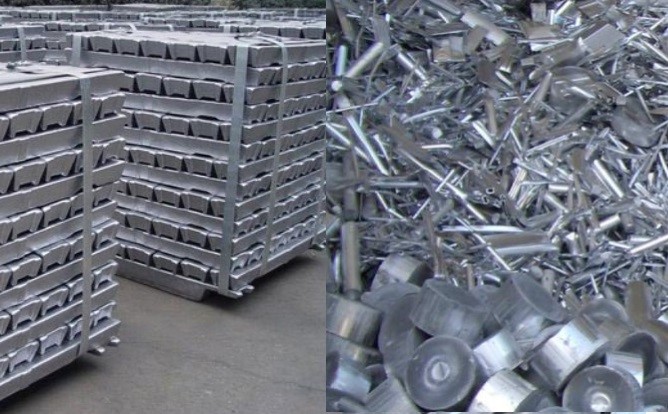

India's rising aluminium demand sparks a call for government support to balance the environmental impact of primary and recycled production amid global scrap restrictions.

The demand for aluminium in India is rising, driven by population growth, urbanisation, and industrialisation. With a focus on becoming a net-zero economy by 2050, the metal plays a crucial role in high-value sectors like infrastructure, power, transportation, railways, aerospace, building & construction, renewable energy, and consumer durables.
Despite the surging demand, the primary driver is India's thriving aluminium recycling industry, growing at an impressive CAGR of 9-11 per cent from fiscal 2015 to 2023. In contrast, primary aluminium demand has seen a more modest CAGR of 1-2 per cent. Key sectors such as automobile, power, railways, packaging, consumer durables, and construction drive the demand for recycled aluminium.
Concerns over environmental impact highlight a significant contrast between primary and recycled aluminium production. Domestic primary aluminium manufacturing carries the highest carbon intensity globally, emitting 14 tonnes of CO2 equivalent per tonne of aluminium. In contrast, the recycled aluminium industry emits a mere 0.3MT CO2 per tonne of recycled products.
The growing demand for lower carbon-intensive recycled aluminium products aligns with the global shift towards environmentally friendly solutions. However, challenges persist, particularly in domestic scrap collection due to India's historically low per capita consumption. As a result, the recycling industry heavily relies on metal scrap imports to sustain its operations and contribute to carbon emission reduction.
Calling for government support, Mr. Sanjay Mehta, President of MRAI, urges a level playing field for both primary and secondary sectors. He emphasizes the need for fair customs duties, considering the total cost to the country on primary products and advocates for industry-friendly standards on scrap material.
He added, "Overall, we request government policymakers should make zero per cent duty on metal scrap till India becomes the Atmanirbhar (Independant) on the availability of sufficient quantity and quality of scrap."
Several countries, including the EU, UAE, and South Africa, have acknowledged the importance of scrap as a critical raw material and enacted legislation restricting its exports, posing challenges for importing countries. The upcoming EU Waste Management Rule, effective January 1, 2025, for non-OECD countries, adds further complexity.
In light of global restrictions on scrap exports, India needs to strategise and enhance scrap imports, despite a policy regime favouring primary producers and introducing new barriers to the recycling aluminium business. Balancing the scales and fostering a supportive environment for the recycling industry is essential for India's sustainable aluminium future.
Responses








